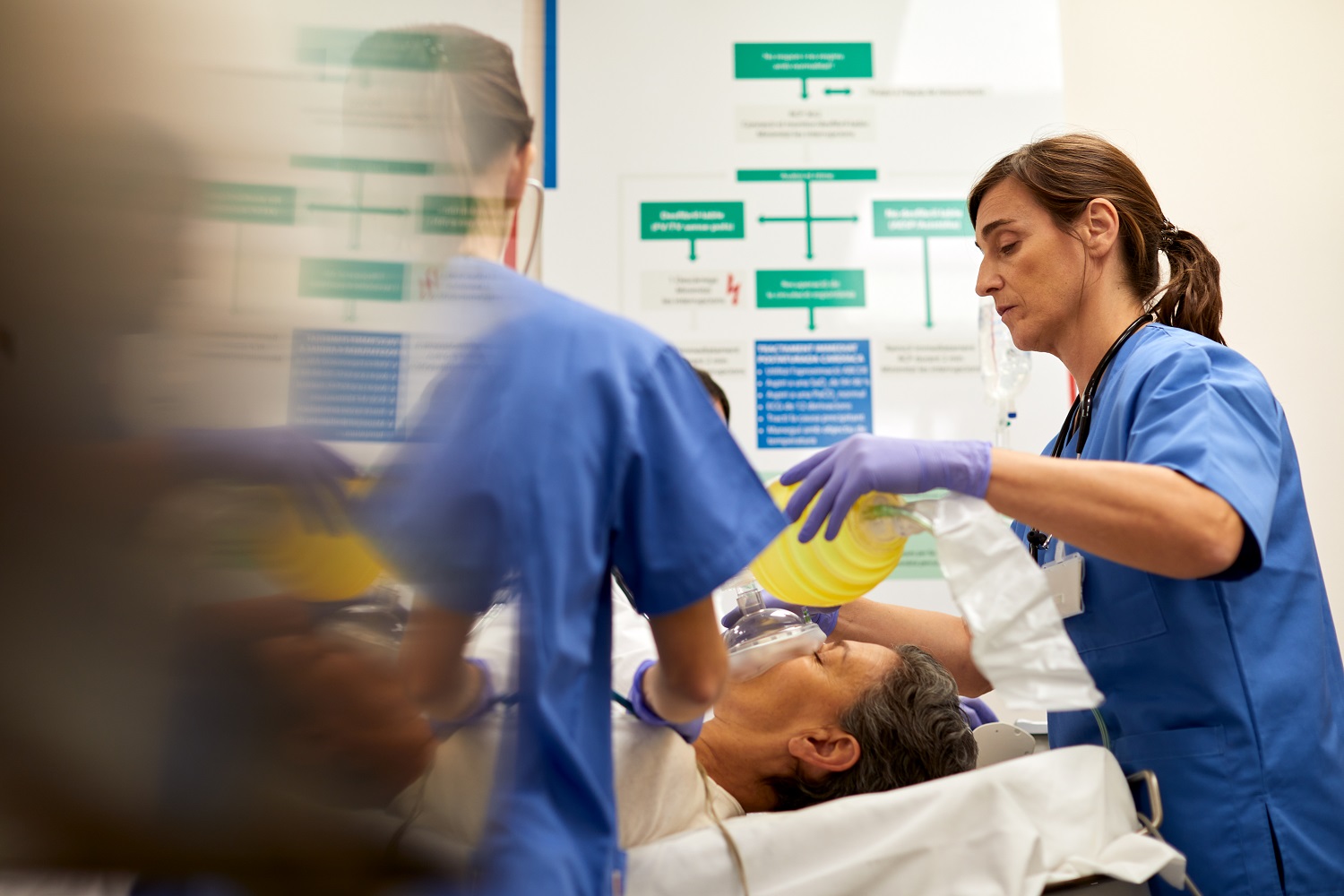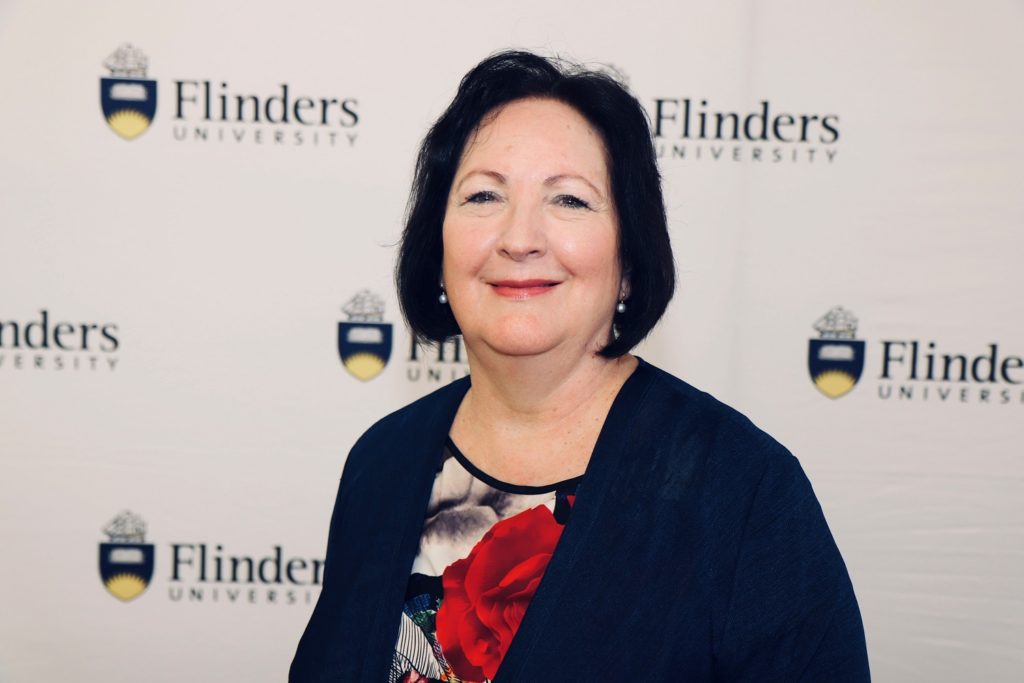
Researchers from the Caring Futures Institute are finding ways to reduce burnout and improve wellbeing of health professionals at the coal face of critical and intensive care.
Associate Professor Diane Chamberlain is leading a research project which aims to understand the effects and levels of burnout in health professionals working in intensive care environments in Australia, New Zealand and Canada.
The project – which she describes as a “lifetime of work” – will also involve the co-design of impactful interventions to prevent chronic stress and exhaustion and boost wellbeing among health care professionals.
Associate Professor Chamberlain says previous work reported that burnout was at epidemic levels even before the COVID-19 pandemic which has exacerbated the issue for health professionals at the coalface of the crisis.
“What was there is now worse so we need to get onto this quite quickly otherwise suicides among nurses and doctors will go up,” she says. “It’s a very big problem and very multifaceted.”
Associate Professor Chamberlain says the effects of burnout among health professionals not only impacts the individual themselves, but their patients as well.
Adverse events, medication errors and missed care are just some of the consequences.
In Australia more than 200 intensive care units (ICUs) provide a rolling exponential service to the broader community through acute care facilities.

The ICU workforce in the country is more than 300,000 people.
Burnout is recognised as an occupational hazard and is considered endemic among healthcare professionals globally.
Medical, nursing and allied health professionals who work in intensive care are often subjected to highly stressful, emotional and confronting events in a high-pressure environment for extended periods of time.
Some of the signs of burnout in health professionals include constant fatigue, lack of enthusiasm about work, feelings of detachment, agitation and irritability, or feeling emotionless and ‘running on empty’.
As part of the research project, the team will assess current research and evidence into burnout in health professionals in intensive care environments before co-designing interventions with impact.
“Understanding how they (health professionals) cope or not cope is essential to designing interventions to protect their mental health and maintain their ability to work effectively,” Associate Professor Chamberlain says.
Associate Professor Chamberlain has advanced practice in acute and critical care, intensive care, trauma, and retrieval nursing.
She and her team have strong connections with industry groups the Australian College of Critical Care Nurses, the Australian and New Zealand Intensive Care Society, the College of Intensive Care Medicine, and the Intensive Care Clinical Trials Group, all of which are project partners.
This research project will also draw in researchers from other universities across Australia, with collaborators including Curtin University, Central Queensland University, Murdoch University, Griffith University, University Technology Sydney, and the University of Sydney.

